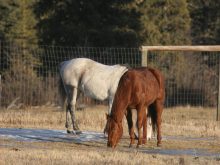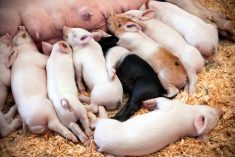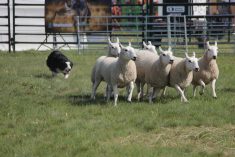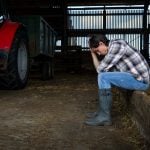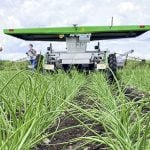The thought of foot-and-mouth disease arriving in Canada leaves rancher Mike Rose cold.
“This one supersedes all others. I’m just terrified,” he said from his family-owned Quilchena Ranch in the British Columbia interior.
The Rose family, whose ranch is home to 4,500 head of cattle, also hosts about 40 guests a night at the historic Quilchena Hotel from Mother’s Day till Thanksgiving.
“We’re caught between a rock and a hard place,” he said.
They could refuse foreign visitors as their neighbors at the Douglas Lake Ranch have done, or subject them to probing questions about where they have been and insist that they bring properly disinfected clothes, luggage and shoes.
Read Also
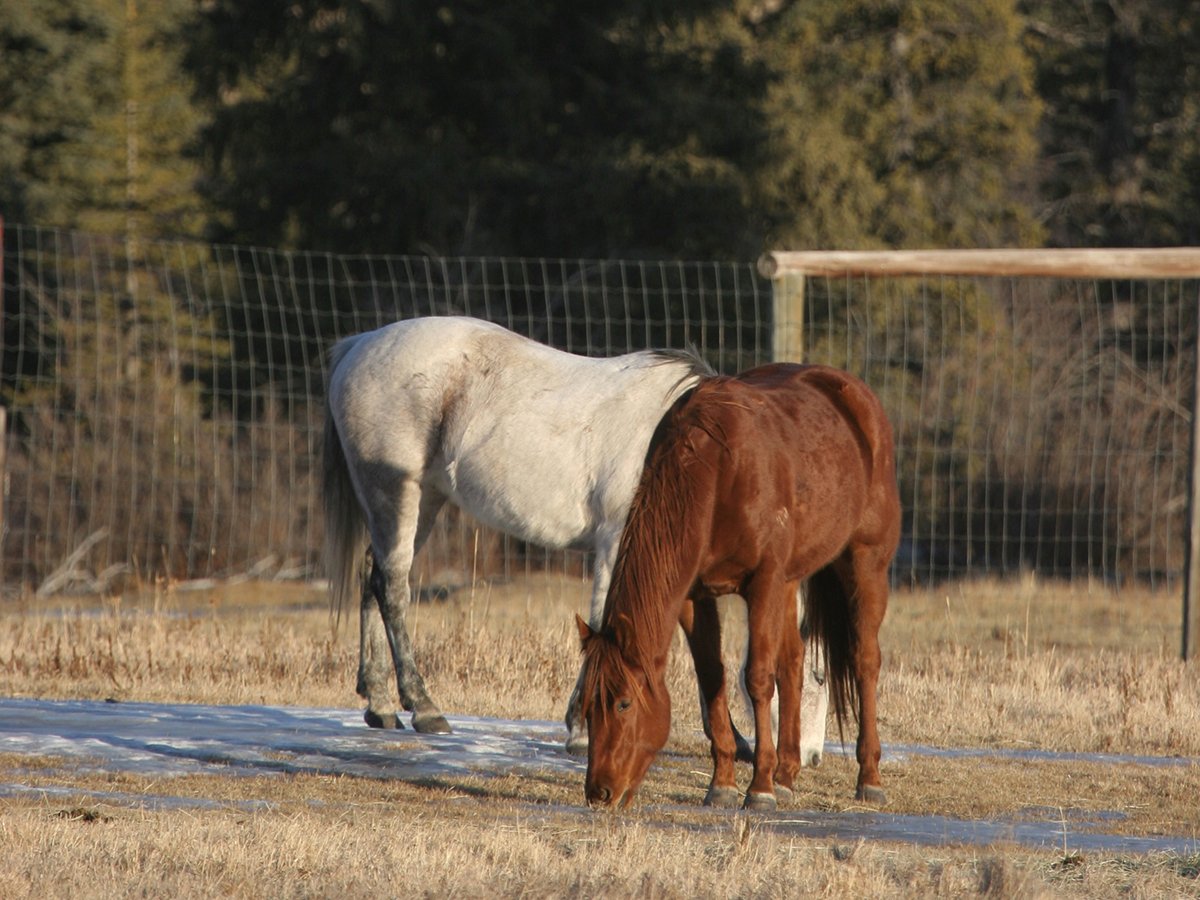
Why selenium is still an important factor in horse health
Selenium is an essential equine trace mineral that supports antioxidant defense, muscle integrity, immune function, metabolism and thyroid activity.
Hotel staff and ranch workers are another problem; many are young and mobile.
The dude wrangler is on her way back to Canada after a visit to Scotland and England. She plans to quarantine herself in Vancouver for 14 days and will stay another week at her parents’ home in Kamloops, B.C., before returning to work.
The hotel chef visits Thailand every winter. He brings back handicrafts that are sold at the hotel. These will be cleaned before they reach the ranch.
A staff meeting will be held before opening weekend to make sure everyone from the chambermaids to the desk clerks are on alert against the disease. Guests will be questioned about their whereabouts before visiting the ranch and will be asked not to bring food.
“We are really adamant that no one brings any foodstuffs from Europe,” Rose said.
Many fear the disease could enter the country in meat products or some other commodity.
A large number of German and Swiss guests arrive each year, eager to ride horses, see cattle and hike.
Hikers worry Rose the most.
In his opinion, international traffic at Vancouver is not monitored closely enough.
A foot bath at the airport is not a good enough precaution, he said. British backpackers could easily bring in the foot-and-mouth virus on hiking boots that are likely packed away. They could head into hiking areas and infect wildlife, and no one would ever know they had been there.
Deer, elk, mountain goats and sheep could mingle among cattle and spread the infection.
It would be a disaster for the Quil-chena Ranch. Not only would the livestock have to be destroyed, but 35 employees would lose their jobs.
Vacation homes
Judy Lucas, president of Alberta Country Vacations, said her members are also worried about someone inadvertently bringing infection into ranching country.
“We’ve been assessing at some length. We haven’t issued a directive to members,” she said from her Claresholm, Alta., ranch, which offers riding holidays during the summer. Many guests are Europeans.
“We are ranchers. We do not want foot-and-mouth out here.”
Lucas has been in touch with people in the Netherlands who recognize the threat of the disease.
“Nobody is even thinking of coming over without some precautionary measures.”
Guides and outfitters are meeting with the Canadian Food Inspection Agency and will release guidelines soon.
Hosts of country vacations, dude ranches and bed and breakfast operators are being asked to be cautious about accepting guests this summer. However, these warnings cannot be forced on anyone, said Dalelene Yelland of the Saskatchewan Country Vacation Association.
“We’re cautioning people to be very careful.”



